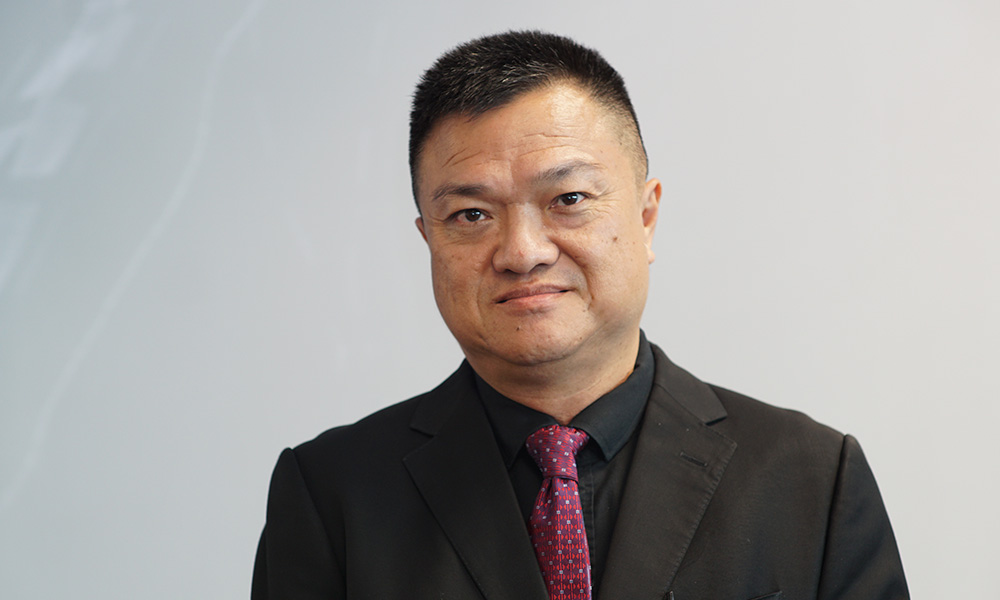We agree with columnist Wong Chin Huat, who recently wrote on the need for the next leaders of our countries to have clear and concrete plans for the future direction of the country.
Projek #BangsaMalaysia is working hard to produce a bottom-up, rakyat-driven roadmap for our nation’s future. This is a long and involved process, and a detailed roadmap will take some time to complete.
That said, we were able to reach some consensus regarding some of the broader questions that were astutely posed by Wong:
“First, what is the overarching policy goal - flattening the curve or returning to normalcy? On one hand, can our hospitals not collapse without a full lockdown? On the other hand, can our economy survive an indefinite and real lockdown? What are the objective measures to decide what level of lockdown?
“Third, how to speed up vaccination in both supply and administration? How to allow state governments, businesses and even charities to acquire more vaccines without competing with the National Covid-19 Immunisation Programme (NIP) for supply? Who should pay for their vaccination and for how much? What incentives in less control should be given to those who are fully vaccinated to encourage vaccination?”
Our guiding principle is the long-term health and safety of everyone in Malaysia. In pursuing this goal, here are our priorities:
Priority 1: Vaccinate as many people as possible, as quickly as possible. This can be done through a concerted all-of-society effort where every citizen and organisation plays a part. More vaccination will protect against Covid-19, variants and hospitalisations that strain our public hospitals.
Priority 2: Every possible step must be taken to ensure that hospitals and medical staff are able to operate in an effective, dignified and sustainable manner. This may require surge financing in the medium-term, and the government should borrow where necessary (this is acceptable because interest rates are very low). We will provide temporary solutions to contract health professionals (like doctors, pharmacists, dentists and nurses), while building the foundation for long-term durable solutions for the hiring process of the Health Ministry. Private healthcare must be brought into the fight against Covid-19 in a fair and equitable manner, given their resources and moral duty.
Priority 3: We must have smart, targeted and transparently decided MCOs. We will build a traffic-light MCO classification based on public health risk, like in Singapore or countries in the European Union. We will publish a list of which types of businesses are allowed to operate during which MCO stage. We will remove ad hoc decisions so that businesses can operate using a predictable decision-making framework.

Decisions regarding the levels of lockdown should be made objectively, based on data and science. Factors such as positivity rate, testing rate, infection rate and the total number of cases must all be taken into account as part of an overall algorithm. Different levels of MCO should apply to different states and different districts. All data regarding Covid-19 cases will be made transparently available at all times.
The second question raised by Wong Chin Huat: “Second, who amongst individuals and which amongst businesses should be prioritised in government aid, and by how much? How to make sure no one is starving? How to stop businesses from closing and workers from a layoff? How far should the government raise its debts to save households and businesses now?”
The guiding principle with regard to economic aid is that the most vulnerable should be protected the most. Food security and shelter must be made the top priority, and the government should welcome the help of NGOs and other civil society actors in identifying the most vulnerable populations and ensuring that sufficient aid reaches them. One party alone will not be able to tackle a problem of this magnitude.
Aid to businesses for staff wages should be continued, and there must be a system to track unemployment due to Covid-19.
Malaysia’s debt ratio is still within manageable levels. It is thus better to borrow a certain amount of money now, while we can, than have to borrow even more later when the economy is in a full crisis, and financing may become harder or more expensive to come by.
Wong concluded: “I want more than a change of PM or government parties. I want a real change in the political system.”
Projek #BangsaMalaysia aims for the same.
It is time to reject a broken political system based on Very Important People, and replace it with a democratic movement that is based on Values, Impact and Policies.
There is no longer any point in looking towards the same old tired political players who have demonstrated their complete inability to set their priorities right. They do not hold the keys to our future. Power in our current system is overcentralised, and this in turn has poisoned our democratic culture and reduced all questions to the question of who the next prime minister will be.
The future lies instead with movements of Malaysians who believe in decentralised, collaborative consensus-building. It is only by believing in community-based decision making and the fact that there is more that unites us than divides us that we will succeed in building up a truly rakyat centric, representative and bottom-up democratic coalition for a brighter future. - Mkini
This piece by strategic communications consultant NATHANIEL TAN was prepared together with Faisal Aziz, Adli Zakuan, Grazele Jenarun, Dr Khor Swee Kheng, Dr Siti Noor Munirah Ibrahim and Tharma Pillai, who are all involved in Projek #BangsaMalaysia.
The views expressed here are those of the author/contributor and do not necessarily represent the views of MMKtT.




No comments:
Post a Comment
Note: Only a member of this blog may post a comment.